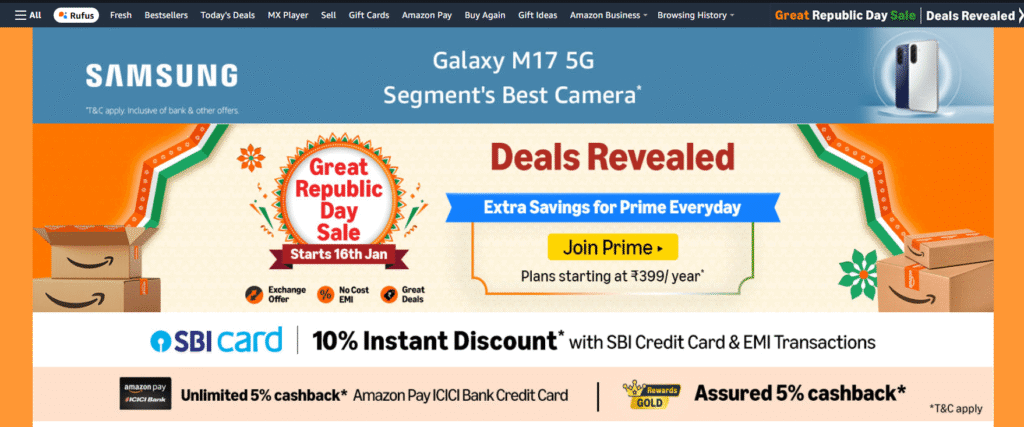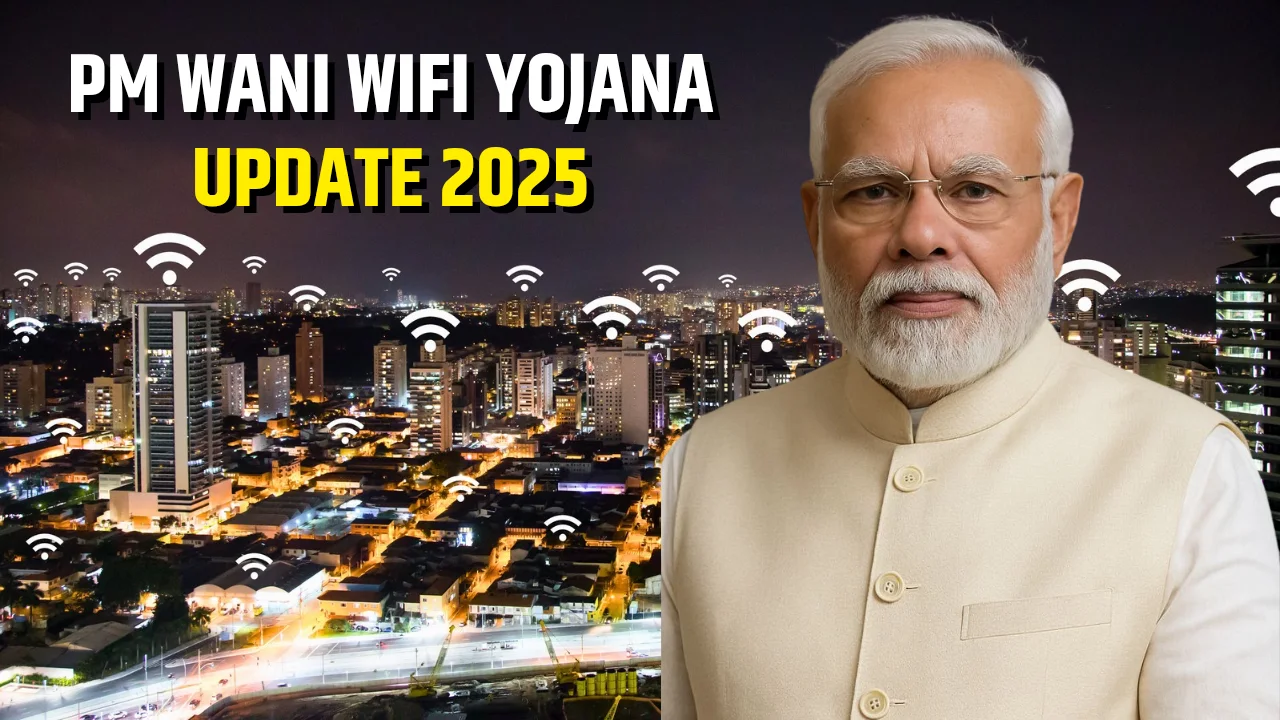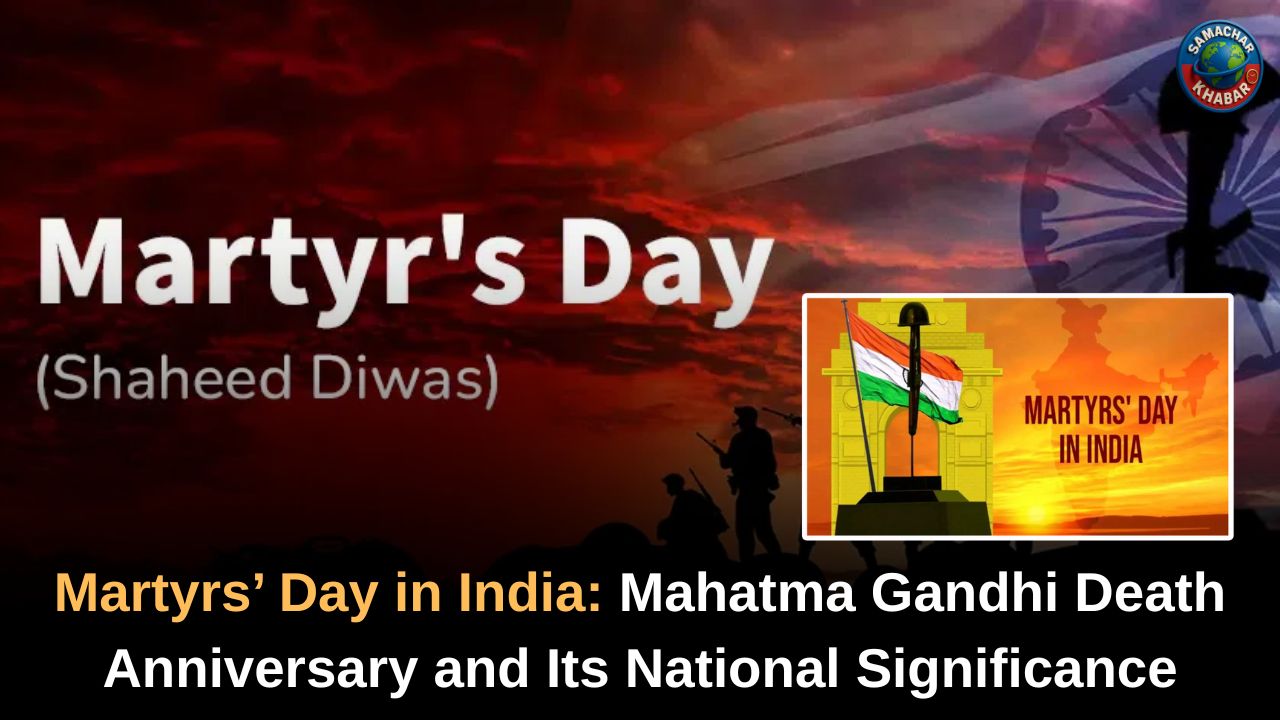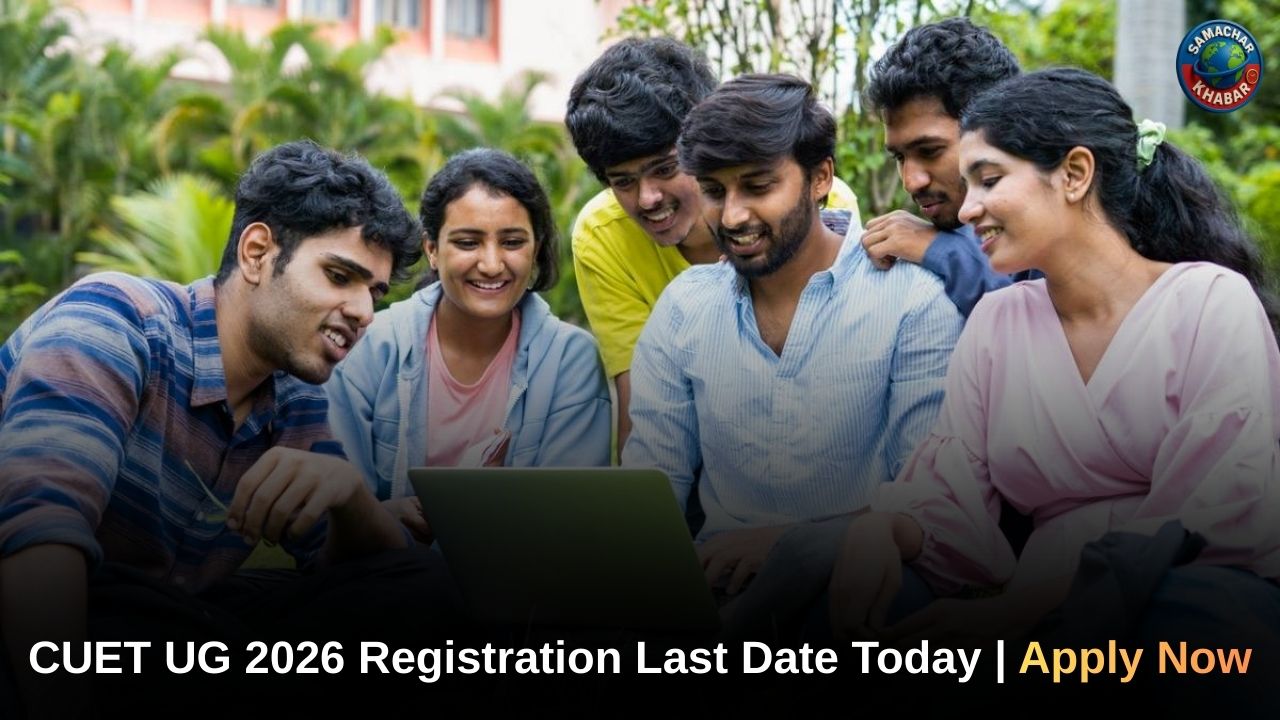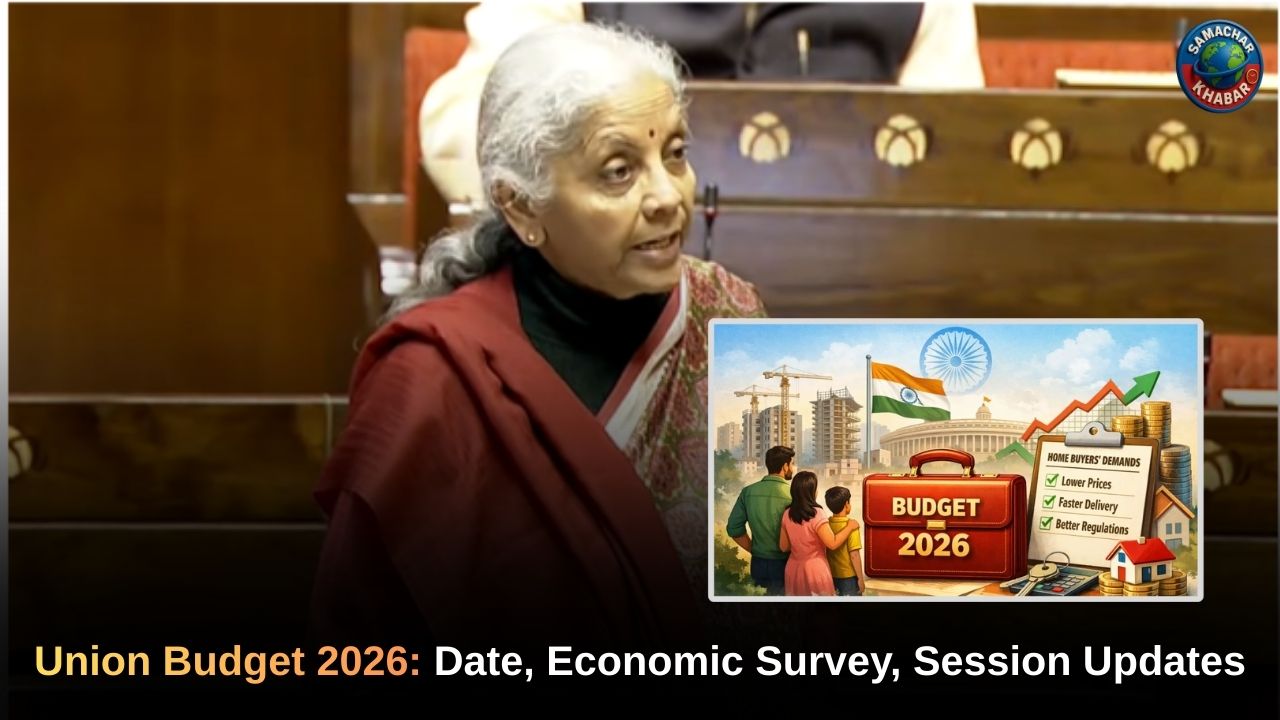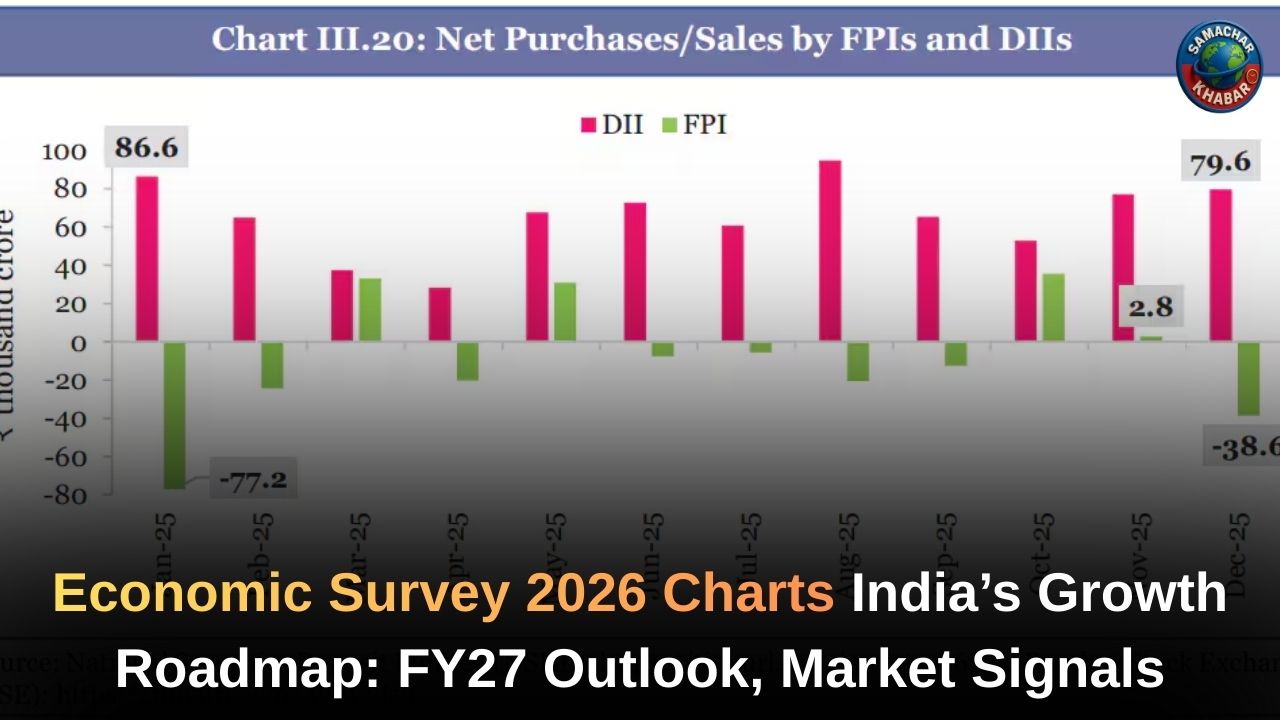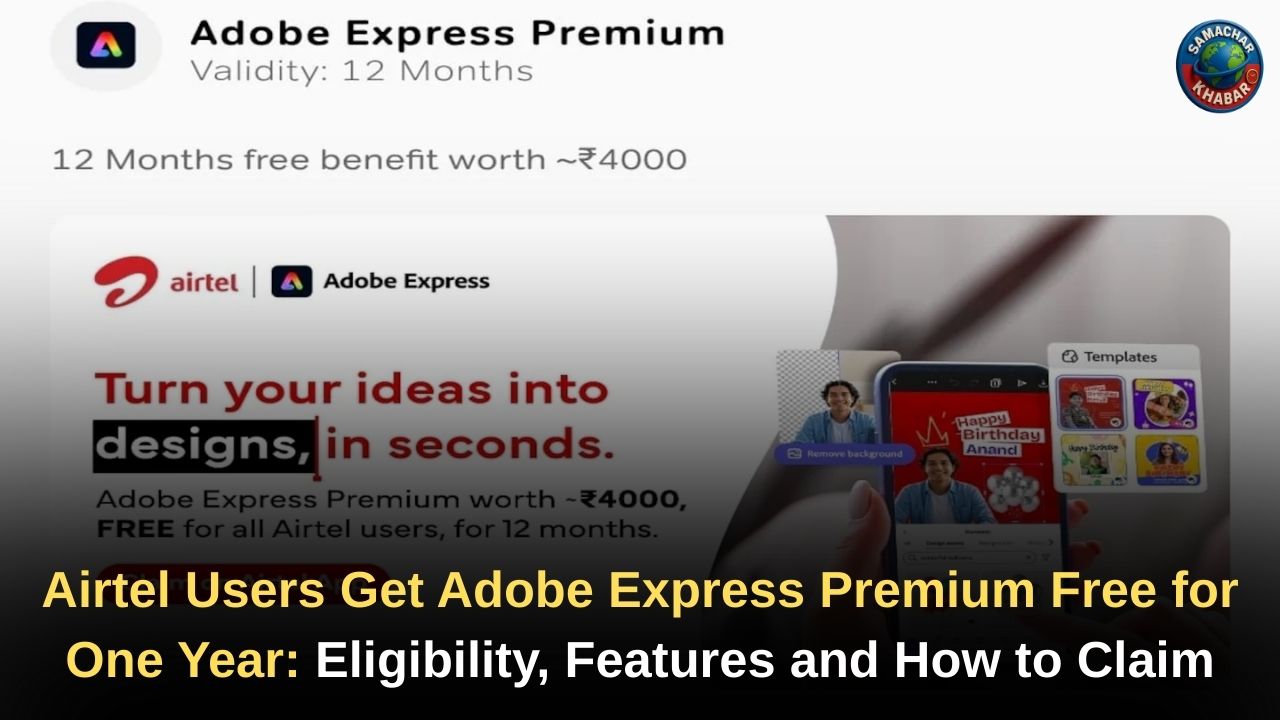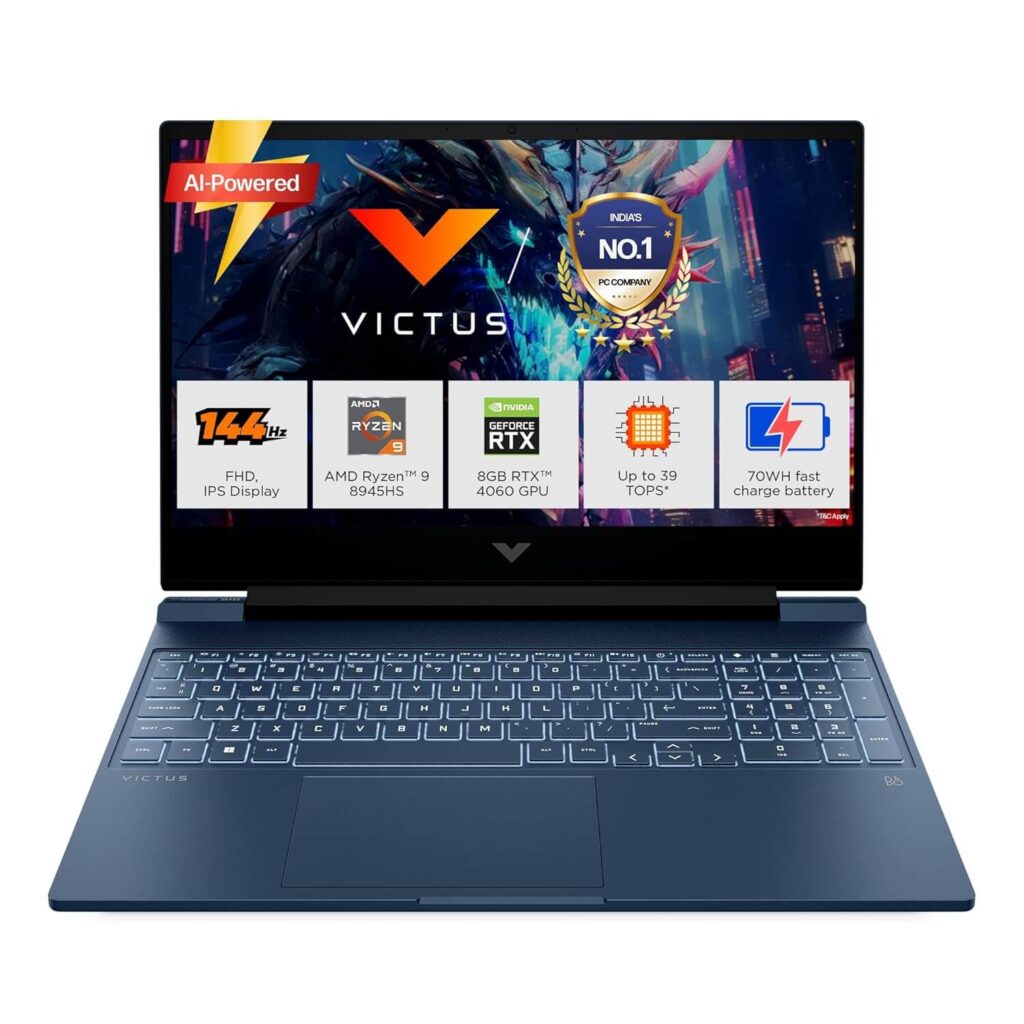PM-WANI Scheme: India is stepping into a new digital era with the PM-WANI Scheme! By enabling public WiFi hotspots across towns and villages, this initiative is bringing affordable internet to every corner. From empowering small entrepreneurs to bridging the rural-urban divide, PM-WANI is more than just connectivity; it’s an opportunity at your fingertips.Join the movement towards Digital India and experience the power of seamless internet access everywhere!
PM-WANI Scheme: Key Highlights
Launched in December 2020 by the Department of Telecommunications.

- Aim: Expand public WiFi hotspots, especially in rural India, to boost digital inclusion.
- Local shops/establishments can become hotspot providers without licensing or registration fees.
What Is PM-WANI?
The Prime Minister’s WiFi Access Network Interface (PM-WANI) is a government scheme aimed at wide public WiFi deployment to build a robust digital communications infrastructure across India. Its primary goal is to bring internet access to underserved areas, rural households and urban poor while opening new income opportunities for small and micro-entrepreneurs.
The scheme’s framework removes licensing burdens, encouraging small shops, local vendors, and public places to host WiFi hotspots. Users can connect via hotspot-aggregator apps, pick a network, pay per usage, and access the internet until their balance runs out: https://pmwani.gov.in/wani
Structure of the Ecosystem: Who Does What
PM-WANI has four critical components, each playing a specific role:

Component And Role / Function
- Public Data Office (PDO) :Sets up public WiFi hotspots; provides last-mile access to users.
- Public Data Office Aggregator (PDOA): Handles authorization and accounting services; connects PDOs to the larger system.
- App Providers: Display available hotspots to users; facilitate authentication, payment, and selection.
- Central Registry : Overseen by the Centre for Development of Telematics (CDOT); maintains official lists of PDOs, PDOAs, and App Providers.
As of November 2022, data shows approx. 132,529 public WiFi hotspots, 136 PDO aggregators, and 83 app providers registered in the central registry.
How Users Access Internet via PM-WANI

1. Download a certified app provider’s app that shows nearby WiFi hotspots.
2. Authenticate as required through the app.
3. Choose a hotspot from the list of available networks.
4. Pay for usage via the app or voucher.
5. Use the connection until the balance is exhausted.
No licence or registration fee is required either by the establishments providing WiFi (PDOs) or by the aggregators (PDOAs), making the scheme uniquely democratic in nature.
Also Read: SBI Platinum Jubilee Asha Scholarship offers upto ₹20 lakh for students: Apply before Nov 15
Benefits Across Society: From Villages to Urban Centres
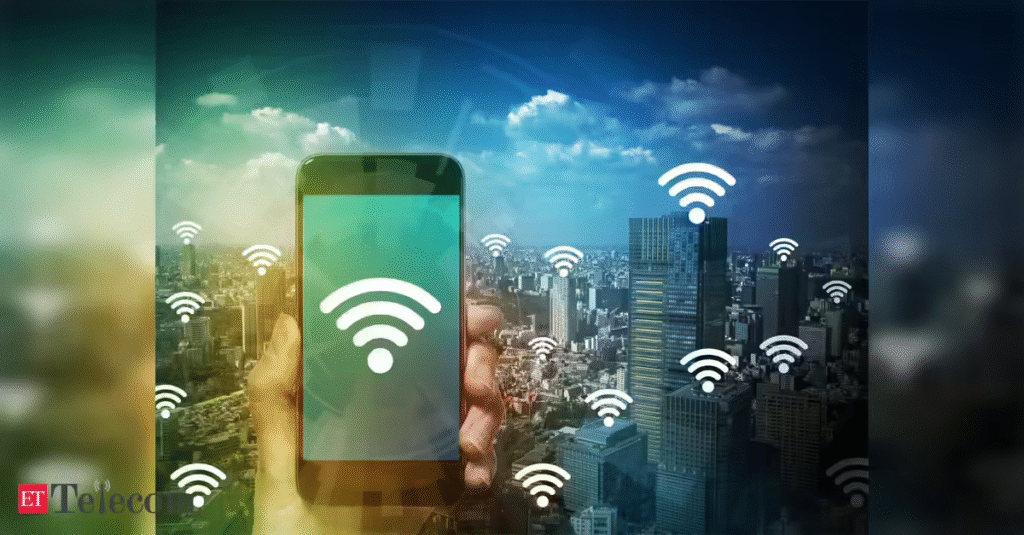
- Bridging the Digital Divide: Ensures rural areas, often with poor connectivity, get reliable broadband access.
- Boost for Local Economies: Shops, local cafes, kirana stores etc. can become hotspot providers, earning additional income.
- Affordable Access: Urban poor and rural households receive low-cost internet options in public spaces.
- National Growth: Improved internet penetration can contribute to economic growth and GDP by enabling more people online.
- Supporting Government Initiatives: Works in tandem with BharatNet and other rural broadband rollout projects.
Challenges & What Lies Ahead
While PM-WANI is ambitious and well-designed, there are some operational challenges that need continuous attention:
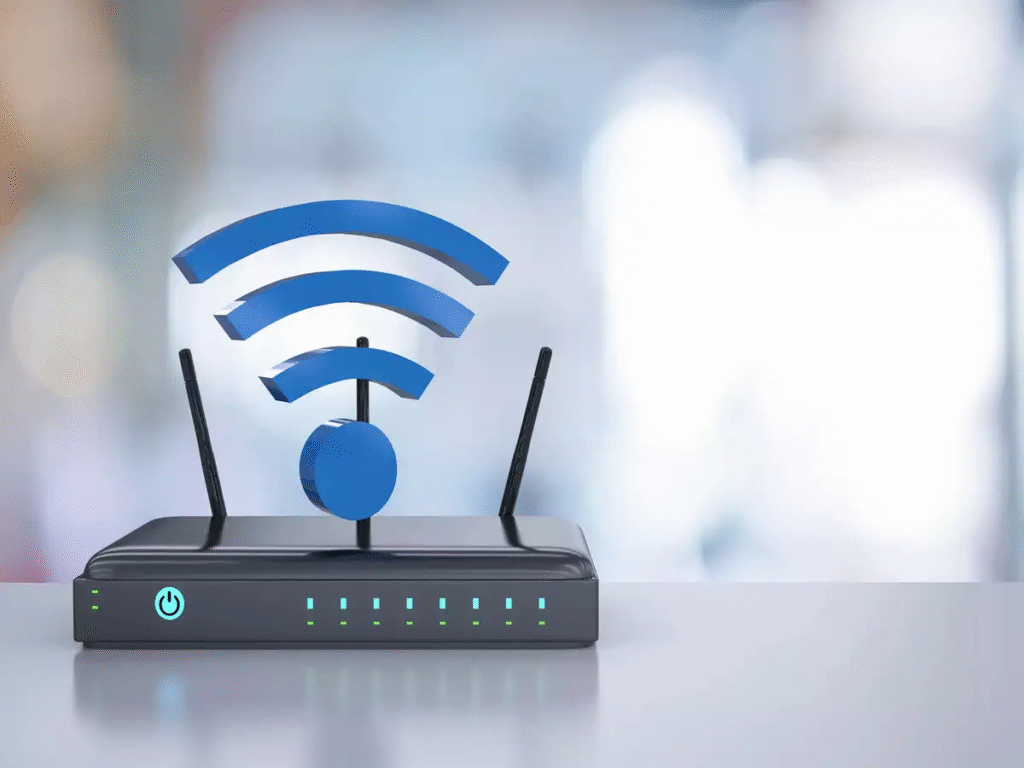
- Awareness: Many potential users, especially in remote villages, may not know about how to use the scheme or even that it exists.
- Quality of Service: Bandwidth, speed, and uptime must be maintained, especially in high-demand areas.
- Infrastructure & Maintenance: Establishing hotspots is one thing; keeping them running reliably is another.
- Affordability: Even though licensing costs are removed, cost of internet service providers, power, devices etc., may still pose a burden.
Driving Full Digital Inclusion: A Roadmap

To fully unlock PM-WANI’s potential, the government and stakeholders need to:
✔️Launch awareness campaigns in rural and semi-urban areas.
✔️Monitor and enforce service quality standards for PDOs and PDOAs.
✔️Support local businesses with training and resources on managing hotspots.
✔️Collaborate with existing broadband infrastructure schemes (e.g. BharatNet) to optimize last-mile delivery.
Empowering Nation Through Connected Lives
The PM-WANI scheme is more than a connectivity initiative; it is a bridge between opportunity and access. By removing licensing hurdles and spreading public WiFi across towns and villages, it opens doors: to education, entrepreneurship, healthcare, and social inclusion.
In many places of India, a café or a small shop may become the gateway to the internet for hundreds. The beauty lies not just in technology, but in human stories: students doing online assignments, vendors growing sales by offering WiFi, families staying in touch with loved ones far away.
PM-WANI stands as a beacon of Digital India’s promise: that no one is left behind in the journey toward growth, empowerment, and equitable access.
Digital Empowerment and the Deeper Spiritual Path
While initiatives like PM-WANI bring affordable internet to every corner of the nation, true empowerment extends beyond technology. Access to information can improve livelihoods, but access to spiritual truth transforms lives at the deepest level.
Tatvdarshi Saint Rampal Ji Maharaj Ji imparts unique spiritual knowledge that answers the most fundamental questions of human existence. Who is the Supreme God? What is the true purpose of life? How can one attain eternal peace and salvation? His teachings, backed by evidence from all holy scriptures, guide people toward a path of righteousness, unity, and eternal happiness.
In this digital age, as India bridges the connectivity gap through PM-WANI, seekers can also bridge the spiritual gap by connecting with authentic knowledge. Just as WiFi connects us to the world, true spiritual wisdom connects the soul to the Supreme God.
For those who wish to explore this deeper dimension of life, authentic resources and guidance are available at www.jagatgururampalji.org
FAQs on PM-WANI Scheme
Q1. What is the main objective of the PM-WANI scheme?
The PM-WANI scheme aims to provide affordable public WiFi access across India, particularly in rural and underserved areas, to bridge the digital divide and promote economic growth.
Q2. Who can set up a WiFi hotspot under PM-WANI?
Any local shop, café, or establishment can become a Public Data Office (PDO) and set up a WiFi hotspot without requiring a licence or paying registration fees.
Q3. How can users access PM-WANI WiFi services?
Users need to download an app from a registered provider, authenticate themselves, select a nearby hotspot, make a payment, and use the internet until their balance is exhausted.
Q4. What are the key components of the PM-WANI ecosystem?
The scheme’s ecosystem consists of four parts: Public Data Office (PDO), Public Data Office Aggregator (PDOA), App Provider, and Central Registry managed by C-DOT.
Q5. What are the benefits of PM-WANI for society?
PM-WANI helps increase internet penetration, generates jobs for small entrepreneurs, provides affordable connectivity, and supports India’s vision of a digitally inclusive economy.
